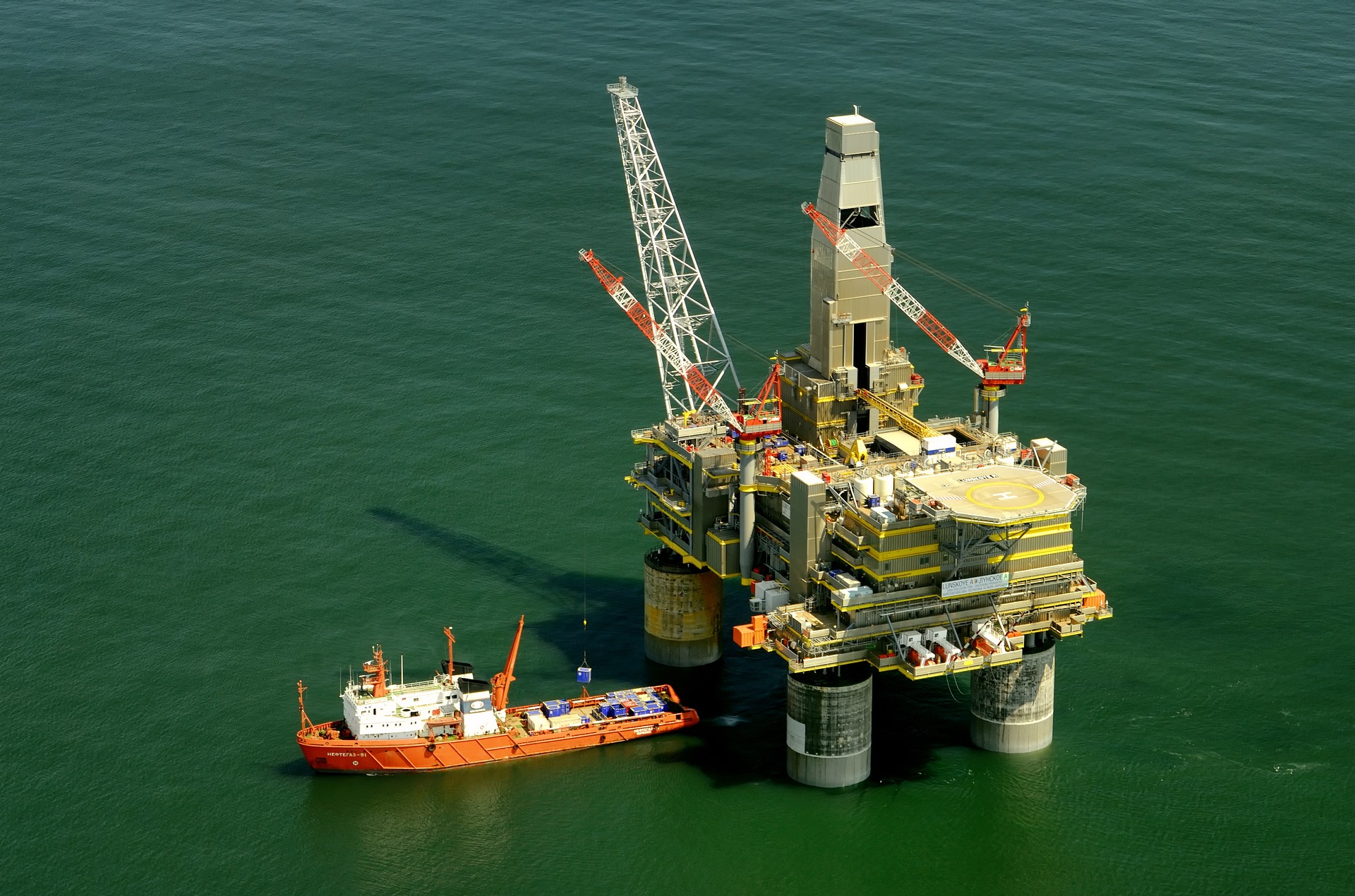Careers in Offshore Wind: Jobs, Training, and Life on Turbine Platforms
The offshore wind industry is rapidly expanding, offering a range of exciting career opportunities for those interested in renewable energy and marine environments. This article explores the various jobs available on offshore wind farms, entry paths for newcomers, essential training and certifications, daily life on wind turbine platforms, and how these roles compare to traditional oil rig jobs.

What Jobs Are Available on Offshore Wind Farms?
Offshore wind farms offer a diverse array of career opportunities, catering to various skill sets and experience levels. Some of the key roles include:
-
Wind Turbine Technicians: These professionals are responsible for the installation, maintenance, and repair of wind turbines. They perform regular inspections, troubleshoot issues, and carry out necessary repairs to ensure optimal turbine performance.
-
Marine Coordinators: These individuals manage the logistics of offshore operations, coordinating vessel movements, personnel transfers, and weather-dependent activities.
-
Project Managers: Overseeing the entire lifecycle of offshore wind projects, from planning and construction to operation and maintenance.
-
Environmental Specialists: Responsible for assessing and mitigating the environmental impact of offshore wind farms on marine ecosystems.
-
Electrical Engineers: Design and maintain the electrical systems that transfer power from turbines to onshore grids.
-
Health and Safety Officers: Ensure compliance with safety regulations and implement protocols to protect workers in the challenging offshore environment.
Entry Paths: Can You Start Without Experience?
While many positions in the offshore wind industry require specialized skills and experience, there are entry-level opportunities for those new to the field:
-
Apprenticeships: Many companies offer apprenticeship programs that combine on-the-job training with classroom instruction, providing a structured path into the industry.
-
Entry-level Technician Roles: Some companies hire individuals with mechanical or electrical backgrounds for junior technician positions, offering training specific to wind turbine operations.
-
Support Roles: Positions in administration, logistics, or catering can provide a foot in the door and opportunities to learn about the industry from within.
-
Graduate Programs: Some larger energy companies offer graduate schemes that rotate participants through different departments, including offshore wind operations.
-
Transferable Skills: Those with experience in related fields such as offshore oil and gas, marine operations, or electrical engineering may find their skills highly valued in the offshore wind sector.
Training and Safety Certifications You’ll Likely Need
Working in offshore wind requires a strong commitment to safety and specialized training. Some essential certifications and training programs include:
-
Global Wind Organisation (GWO) Basic Safety Training: This comprehensive course covers first aid, manual handling, fire awareness, working at heights, and sea survival.
-
Helicopter Underwater Escape Training (HUET): Essential for personnel who will be transported to offshore sites by helicopter.
-
Offshore Petroleum Industry Training Organisation (OPITO) certifications: While primarily for oil and gas, some of these certifications are relevant to offshore wind.
-
Electrical Safety: Certifications in electrical work and high voltage systems are crucial for many roles.
-
Confined Space Entry: Important for technicians working inside wind turbine towers and nacelles.
-
Rope Access: Technicians often need training in rope access techniques for maintaining hard-to-reach areas of turbines.
What Daily Life Is Like on a Wind Turbine Platform
Life on an offshore wind turbine platform is both challenging and rewarding:
-
Work Schedules: Typically involving rotational shifts, such as two weeks on, two weeks off, allowing for extended periods of work followed by substantial time off.
-
Accommodation: Modern offshore platforms often feature comfortable living quarters with amenities like gyms, recreation areas, and internet access.
-
Weather Dependence: Work is heavily influenced by weather conditions, with safety always the top priority.
-
Team Environment: Close-knit teams work together in a collaborative atmosphere, fostering strong professional relationships.
-
Physical Demands: The job often requires climbing tall structures, working in confined spaces, and dealing with challenging weather conditions.
-
Continuous Learning: Rapidly evolving technology means ongoing training and skill development are part of the job.
How Offshore Wind Work Compares to Oil Rig Jobs
While there are similarities between offshore wind and oil rig jobs, there are also significant differences:
-
Environmental Impact: Offshore wind work contributes to renewable energy production, appealing to those seeking environmentally conscious careers.
-
Technology Focus: Wind farms involve more advanced electrical and digital systems compared to traditional oil rigs.
-
Work Cycles: Both industries often use rotational schedules, but wind farm rotations may be shorter and more flexible.
-
Career Longevity: With the growing focus on renewable energy, offshore wind offers potentially more stable long-term career prospects.
-
Safety Protocols: While both industries prioritize safety, the specific hazards and safety measures differ between wind farms and oil rigs.
-
Skill Transferability: Many skills from oil and gas work are transferable to offshore wind, easing the transition for those looking to switch industries.
The offshore wind industry offers a wide range of career opportunities, from hands-on technical roles to managerial and support positions. While some jobs require specialized skills and experience, there are entry paths for newcomers through apprenticeships, graduate programs, and transferable skills from related industries. Rigorous safety training and certifications are essential for working in this challenging environment. Life on offshore wind platforms can be demanding but rewarding, offering unique experiences and the satisfaction of contributing to renewable energy production. As the industry continues to grow, it presents an exciting alternative to traditional offshore energy sector careers, with a focus on sustainable technology and long-term stability.




